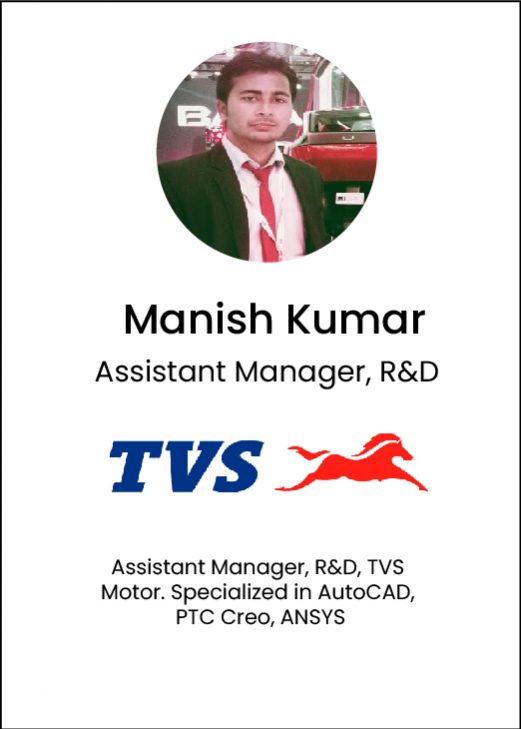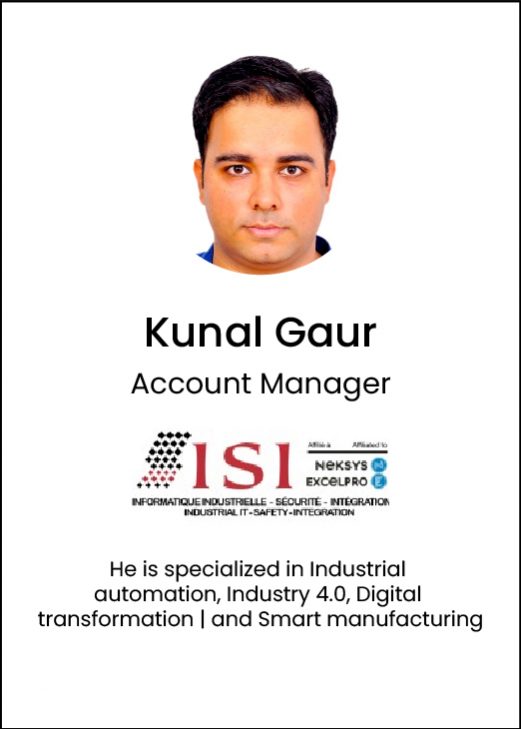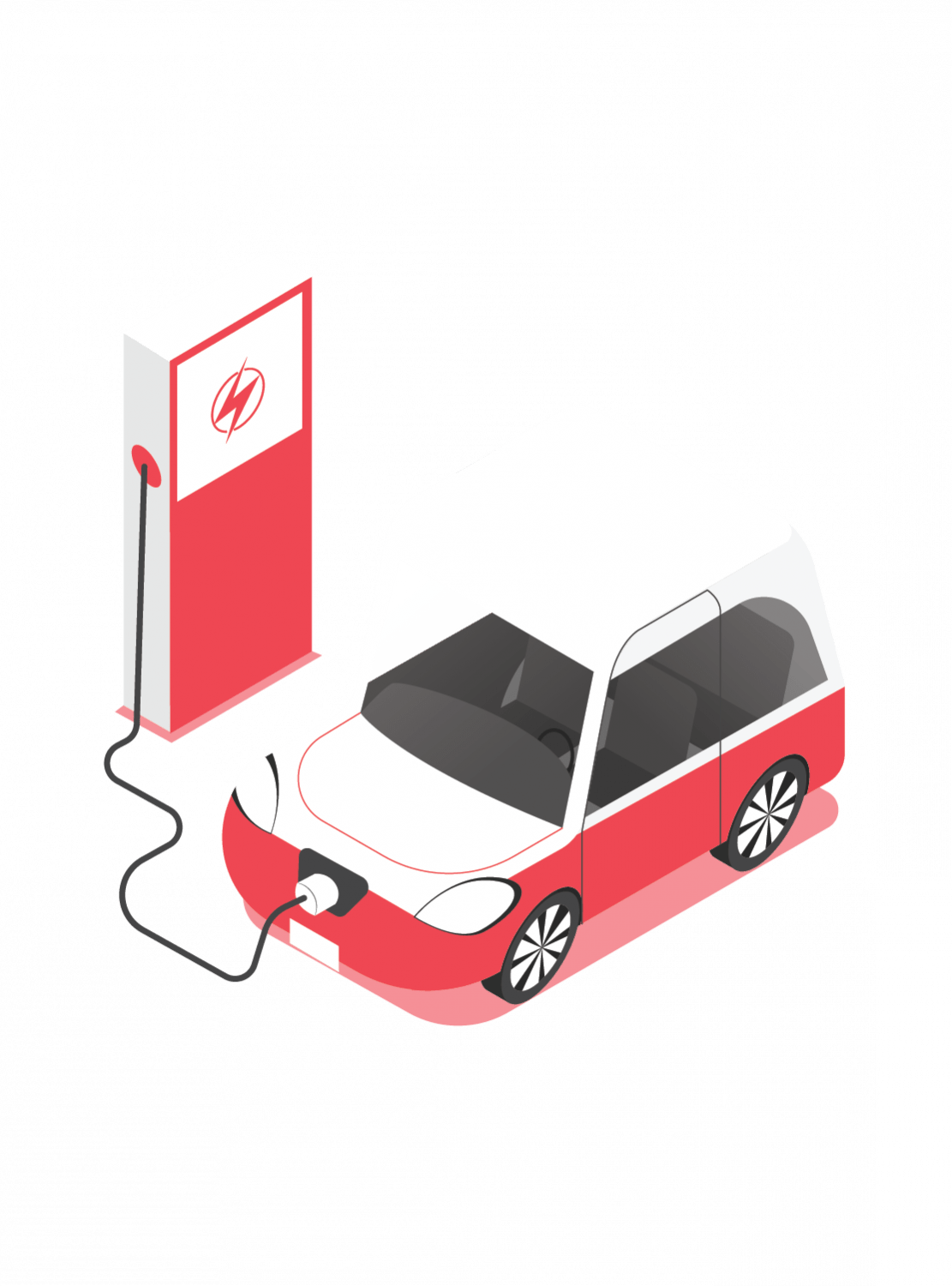Executive PG Program in EV Intelligent System
A comprehensive EV course on EV Intelligent System that gives you exposure to various computational tools for EV Applications. This EV technology course is highly recommended for working professionals.

Next Cohort Starts: 31st January 2024
Eligibility: Minimum 1 Year of Experience
Book a Class, for Free




Get Placement In

09 Months Live + Online Classes
Learn through online lectures delivered by our Top Ranked Faculty (after working hours)

04 Projects
Become future ready by applying what you will learn and built industrial projects.

ISIEINDIA Certificate
Earn a Executive PG Certificate in Electric Vehicle from ISIEINDIA - Ranked #1 in Education.

Placement Assistances
Get ahead in your career with our online, state of the art, placement assistances program.
Placement Highlights

350+
Participating Companies

6.9 LPA
Average CTC

30 LPA
Highest CTC

60 %
Average Salary Hike
Top Skills You Will Learn
Selection & Design of Powertrain, Battery, Motor Modelling & Controller, BMS & BTMS, Understanding of Aerodynamics, EV Control Methods, EV Charging and Homologation and Testing
Who Is This Programme For?
Working Professional, who are looking to skill themselves
Job Opportunities
Battery Pack Engineers, Vehicle Dynamics Engineers, CAE Analyst, Homologation Engineers, Quality Engineers, Design Engineers, Project Engineers, Simulation and Testing Engineers, Motor Design Engineers, BMS Application Engineers.
Minimum Eligibility
Minimum 1 Year of Experience, No technical experience required.
Join the Electric Vehicle industry
By 2026, IDC predicts Electric Vehicle and cognitive computing spending will reach $52.2 billion. Electric Vehicle is one of the hottest professions.

36%
Annual Job Growth By 2026

50 M
Expected New Jobs By 2030

Rs. 3.5L - 12L
Average Annual Salary
Source: IESA Report
Source: IVCA-EY-Induslaw Report
Source: Glassdoor
Still have Questions?
Talk to our Experts…
Executive PG Program in EV Intelligent System,
Certified by NSDC
Complete all the courses successfully to obtain the certification from NSDC, supported by SMEV
• Earn a PG Degree in EV Engineering
• Widely recognized and valued programmed in EV Engineering
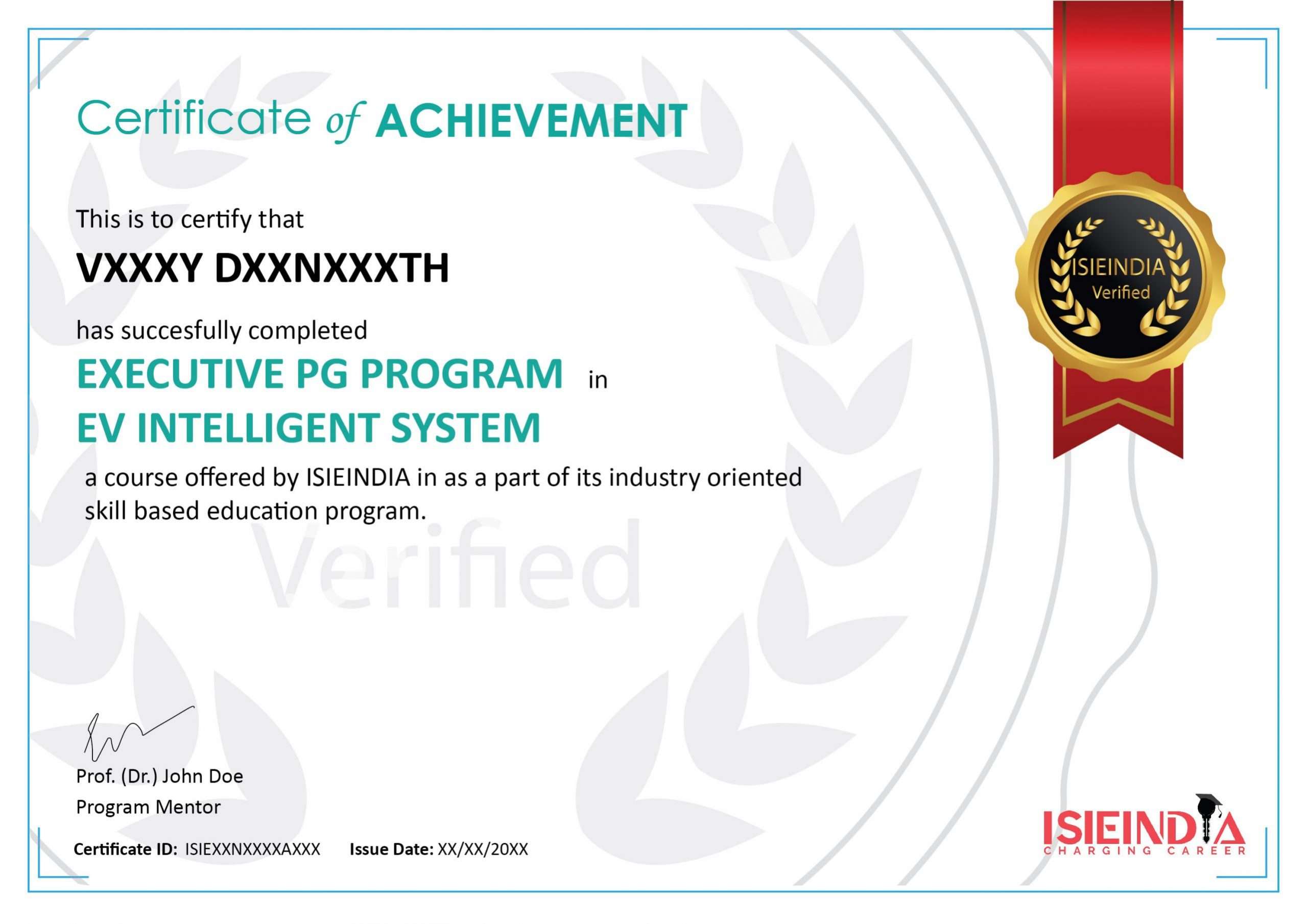
Case Studies
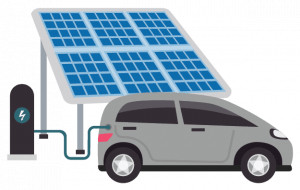
HEV Architecture
Various hybrid vehicle architecture and their significance with respect to the market demands. Comparison study of BMW i8, BMW i3, Toyota Prius and Hyundai Nixon to understand the suitable source of energy as well as a brief look into the F1 Hybrid Setup and how it has revolutionized the hybrid powertrain.

BMS Architecture for EV
BMS Architecture types used for 2-Wheeler and 4-Wheeler operation and how the communication and data gathering is different in both cases.
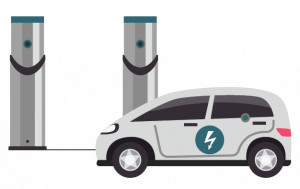
Charging vs Swapping Technology
Charging or battery swapping of them are complementary to each other. This case study will talk about the various parametric comparisons supported by facts and figures to show the difference between both modes.
Brochure
Best-in-class content by leading faculty and industry leaders in the form of videos, cases and projects
ISIEINDIA Instructors
Learn from leading Industry oriented trainer, faculty and leaders
Our Expert Work At
Top companies from all around the world

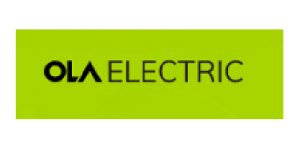

Where our Alumni Work
Syllabus
Best-in-class content by leading faculty and industry leaders in the form of videos, cases and projects, assignments and live sessions
120+
Content Hours Available
20+
Industry Projects
10+
Case Study
2+
Tools Covered
MODULE 1 - Powertrain Selection and Industry Prospects
History of Electric Vehicles – Coming of EV in 19th Century
Golden Era of EV
Coming of New Era in EV
EV Market and Sales
Components, Trends and Growth
HEV Architecture – Parallel Hybrid
Series Hybrid
Series Parallel
Fuel Cell EV
Selection on Motors, their Size and Types – Motors
Transmissions
Hub Motor
Battery Performance Index
Construction of Electric Vehicles-EV
Construction of Hybrid Vehicle-HEV and Types
Complete Vehicle System Modelling & Drive Cycle Simulation- Using Ricardo Ignite
Type of Drive Train
Selection of Drive Train
Introduction to Powertrain
Vehicle Coordinate System
Powertrain Equation
Aerodynamics and Its Calculation – Drag Equation
Drag Coefficient
Drag Calculation
Tire Construction and Specification
Wheel Rolling without Slipping
Wheel Dynamics ROLL vs SLIP vs SKID
Contact Patch
Hysteresis Loss
Tyre Parameters
Powertrain calculation for 2W – Calculating Parameters
Power Calculation
Motor and Torque Calculation – Torque Calculation
Gearbox Selection
Motor Characteristics
Basics of EV, EV/HEV Powertrain & Introduction to MATLAB for Automotive
Basic GUI for MATLAB
Discrete and Dynamic Systems
Powertrain Block set and Examples
Vehicle modelling – 1
Vehicle modelling – 2
MODULE 2 - Electric Motor and Drive Methods
Introduction of DC Motor
Working Principle
Types of DC Motor and Calculation
Speed Control Methods
Induction Motor – Intro and Its Types
Induction Motor – Rotating Mangnetic Field
Induction Motor – Working Principle
Induction Motor – Power Flow Diagram
Induction Motor – Performance Characterstics
Induction Motor – Speed Control Techniques
Induction Motor – VF Control Technology
Induction Motor – Rotor Resistance Control Method
Working Principle and Calculation – BLDC Motor
Working Principle and Calculation – PMSM Motor
Calculating Parameters
Power Calculation
Torque Calculation
Gearbox Selection
Motor Characteristics
Basic of Magnetics
Maxwells Equation
Magnetic Circuit
Electro Motive Force
Flux Linkage and Inductance
Magnetic Energy
Electromagnetic Force and Torque
Sample Problem – Electromagnetic Flux and Excitation Current
Winding Introduction
Single Layer Winding
Double Layer Winding
Rotating Magnetic Field
Sample Problem 2 – Winding Design
Phase and Line EMF
Sample Problem 3 – Motor Winding
PMSM Motor – Magnetic Properties
PMSM Motor – Magnetic Circuit
PMSM Motor – Torque Equation
PE and Motor Control
Basic Understanding of Motor
SRM Motor
Introduction of BLDC Motor
Control Principles
Regenerative Braking
Motor Control
Motor Control Quadrant
Ac Motor Control
Asynchronous vs Synchronous Motor
Introduction
Motor Geometry
Add Winding and Material
Simulating E Magnetics
Torque Speed Curve
Efficiency and Drive Cycle
Thermal Solution
MODULE 3 - Power Unit Design and Safety
History of Battery Pack
Types of Energy Storage System
Why Lithium Cells?
Lithium Cell Working
Battery Terminologies
Lithium Chemistry
Cell Types – Form Factors
Lithium Cell Materials
Lihtium Cell Failures
OCV and SOC of cell
Linear Polarization
Finding RC Values
Hysteresis Voltage
Enhanced Self Correcting Model
Cell Testing and Coulombic Efficiency
Temperature and OCV
Cell Testing and Simulation – ESC Model
Why BMS
BMS Functionality
Sensing Parameters
High Voltage Contactor
Isolation Circuit and Thermal Control
SOC, Cell Energy and Power
MODULE 4 - Electric Vehicle Communication and Diagnostics
Introduction to Embedded Systems
Domains of Automotive Embedded Systems
What is CAN Communication?
CAN Protocol
IOT & Autonomous Vehicle
Case study- Tesla Car
Introduction to Mathematical Model
Model Based Development using Mathematical Modelling
MBD Technology
Testing Automotive Control System
Introduction to Micro Controller
Micro Controller
Prerequisite of Python
Basics of Python
Coding on Python
Numpy
Regressions
Quick Recap of Course
Introduction of AI
AI Applications
MODULE 5 - Electric Vehicle Communication and Diagnostics Connected Technology
Introduction to EVSE
Safety of EVSE Infra
Sites & Maps
Related Technology
SAE & IEC Type 1 Connectors
IEC62196 Connector
SAEJ1172 & CCS Connectors
Introduction to Bharat AC & DC Charger
CHAdeMO Connector
Communication Protocol
Charging Methods and Algorithm
OSI Introduction
Layered Architecture 01
Layered Architecture 02
OCPP and CSMS Introduction
Benefits of OCPP
SOAP and JSON
Functions of OCPP
Charger Technologies
Intro to Power Electronics Devices
Switch Configurations
Turn Off Mechanism and Harmonics
AC Charging Levels
Intro to Charging Levels and Modes
DC Charging Levels
Charging Modes
Charging Modes Case Study
Charging Levels and Modes
Fast Charging Intro
Fast Charger Safety
DC Charging – Region wise spread
DC Connectors
Tesla Supercharger
Tesla Supercharger Billing n Connectors
Mega Chargers
Smart Grid
Definitions 01
Definitions 02
Smart Grid Features
V2G Technology
Admission Details
Candidates can apply to this Executive PG certification program in 3 steps. Selected candidates receive an offer of admission, which is accepted by admission fee payment.
STEP 1

Submit Application
Tell us about yourself and why you want to do a Executive PG certification
STEP 2

Application Review
An admission panel will shortlist candidates based on their application
STEP 3

Admission
Selected candidates can start the Executive PG program within
1-2 weeks
Admission Fee & Financing
The admission fee for this Executive PG Program in EV Intelligent System is ₹ 99,999 (Incl. taxes). This fee covers applicable program charges and NSDC Certification.
Financing Options
We are dedicated to making our programs accessible. We are committed to helping you find a way to budget for this program and offer a variety of financing options to make it more economical.
No Cost EMI
We have partnered with the following financing
companies to provide competitive finance options
at 0% interest rate with no hidden costs.

Financing as low as
₹ 5,555/month*
Other Financing Options
We provide the following options for one-time payment

Internet
Banking

Credit/Debit
Card






